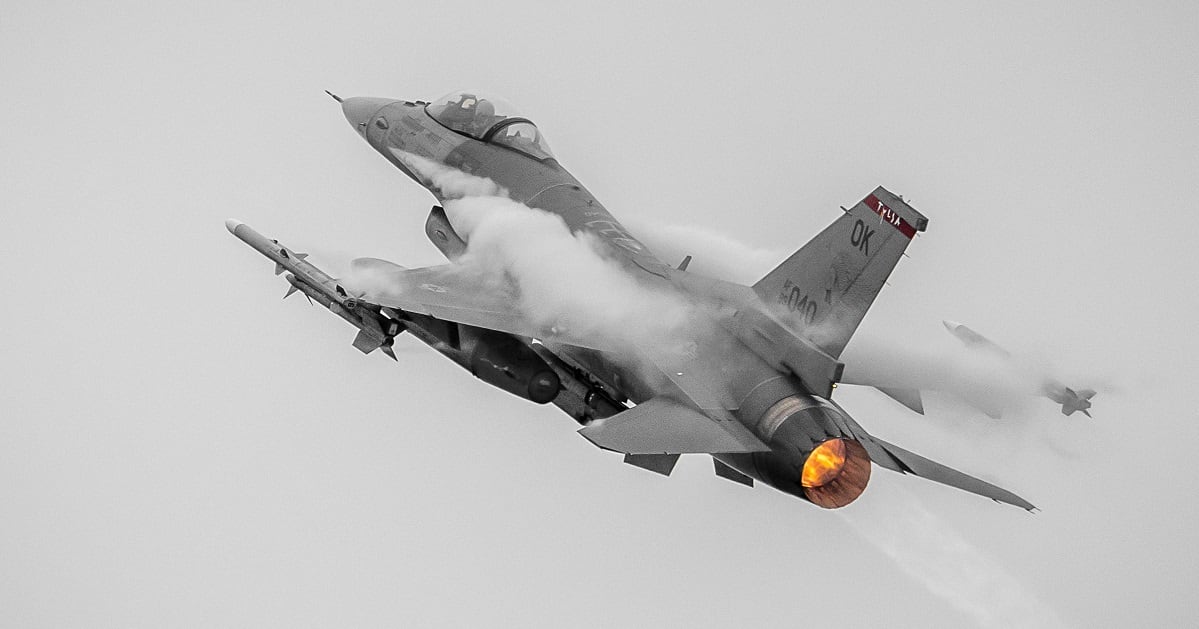Retired Air Force Gen. Gene Renuart’s March 29 commentary, “Why Space Command should stay in Colorado,” does a disservice to Huntsville, Ala.
I feel for Renuart’s disappointment in the decision to make Huntsville, Alabama, the permanent home for US SPACECOM. One can tell by reading his commentary that he has a deep appreciation for and bias toward Peterson Air Force Air Force Base and the Colorado Springs area. However, I can’t help but read in his words — and lack of positive items about Huntsville — a deep bias against a logical and proactive U.S. Air Force leadership decision to make Huntsville SPACECOM’s permanent home.
As a native of Huntsville, who grew up listening to the Saturn V engine tests that would rattle the entire area and later carry our brave astronauts to the moon, I believe Huntsville has many great attributes — as my fact-based bias will reveal.
To address just a few of Renuart’s points:
With the large military presence at Redstone Arsenal and also key NASA facilities in Huntsville, I can assure you the area can easily meet, and exceed, the standards required to function as a major combatant command. Additionally, Huntsville is the home to the University of Alabama–Huntsville, a university known for its engineering and computer science academics. And while on this aspect, UAH as well as the University of Alabama and Auburn University have programs to feed the vast technical and engineering efforts, both government and private sector, that abound in the Huntsville area. One additional benefit is the large intelligence presence on Redstone Arsenal that has been, and will be, called upon to support SPACECOM, among its many functions.
RELATED

Let’s talk airports. I believe the reference to distinguished visitor flights isn’t a factor at all. Of course, there are multiple DV flights that go in and out of Colorado Springs as that’s the home for the Air Force Academy, and every general officer or civilian senior executive who travels there counts in DV numbers. DV flight numbers just are not a metric for locating a major COCOM. However, I disagree with his weather comment as several of my flights in and out of Colorado Springs, as a civilian senior executive myself, were nail-biters as those ferocious winds came down off the Rocky Mountains to buffet our aircraft. Huntsville experiences little bad weather such as that, and rare snow.
Additionally, Huntsville International Airport–Carl T. Jones Field boasts two major runways of over 12,000 and 10,000 feet, respectively. As a matter of fact, the Huntsville area invested millions in upgrades to the airport and will do so again if needed. And let us not forget Redstone Army Airfield with its 7,000-foot-plus runway. For ease of reaching key military facilities, Huntsville boasts multiple daily flights to/from Washington, DC. Additionally, the four major airlines that fly from Huntsville connect the entire Eastern seaboard, Florida, and easily hub out to locations across the Western United States. Regarding security, I trust the commanders at Redstone Arsenal to provide the utmost in security requirements for all its current command residents — NASA’s Marshall Space Flight Center, a large intelligence organization, missile research facilities, etc. Adding a COCOM HQ will pose no significant burden to their security requirements. I would similarly trust an area that has been doing security for a long time as well — exceeding 60 years now as opposed to the 30 that Renuart cited for Peterson.
Huntsville is home to an outstanding medical community that includes multiple civilian hospitals and a military hospital within the city limits. And more research and care facilities are making Huntsville their home every year.
Not addressed in the general’s commentary is the cost of living. Huntsville boasts a lower cost-of-living for military personnel — most of them not making what a general officer makes while living on post — which will benefit those executing the critical SPACECOM mission. Plus, Huntsville is a great family environment with top-notch schools, some of the best in Alabama).
While keeping SPACECOM at its current location in Colorado might save a few dollars (and that is up for fiscal debate), it would also group several commands close together and thus create a critical node for our adversaries to target. If, God forbid, we get into any major conflict, an enemy could take out all of our critical CONUS defense elements and our offensive and defensive space fighting ability with one shot. We all learned as junior officers never to consolidate all your leadership in one location, thus making the adversary’s job that much easier.
I too applaud the DoD review of the decision. I believe, if the inspectors take an unbiased and logical look at all the attributes needed, including the many local attributes and what is needed to maintain a secure warfighting COCOM HQ, Huntsville will remain the most logical, economic, secure location.
I harken back to my childhood years and those rocket engine tests following the call of President John F. Kennedy to place a man on the moon. Huntsville was front-and-center then and is the best choice to lead our nation’s SPACECOM efforts throughout the rest of this century.
Retired Marine Mark S. Chandler also served with the Senior Executive Service in the Air Force, the Office of the Secretary of Defense and the Joint Chiefs Staff.




